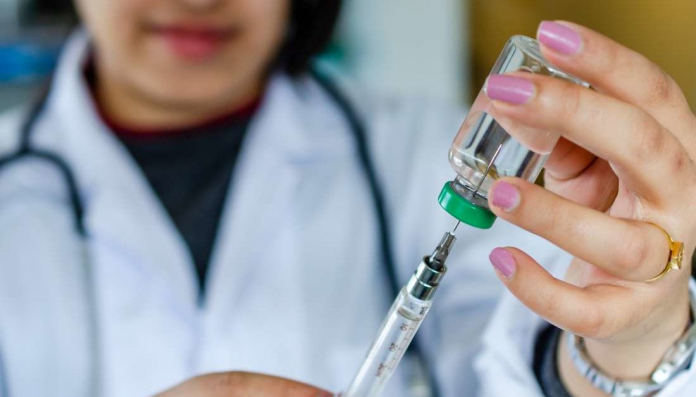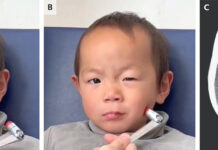When it comes to cancer tumors, there are many factors that influence whether a treatment will work or not. In recent years, immunotherapy which is a new type of cancer therapy has gained great popularity. However, for immunotherapy to work, a tumor needs to be a “hot” tumor. What does that mean?
A difference between “hot” and “cold” tumors is that a “hot” tumor contains enough immune or immunosuppressant cells. However, if a tumor does not contain enough immune cells, it is called a cold tumor. One question that researchers have been trying to answer is: How to turn a “cold” tumor into a “hot” tumor that will respond to immunotherapy?
A team of investigators from the Rush University Medical Center in Chicago, IL, may now have the answer to this question. A few years ago, there was a great deal of excitement about using viruses to target cancers. Viruses tend to explode the cells they have infected in order to spread to new cells. Nonetheless, engineering those viruses to grow in cancer cells could pave way to selectively kill those cancer cells. Some preliminary tests even showed promising results with massive tumors nearly disappearing. But, there were complications. The immune system responding to the virus limited the ability to use it more than once. The results were inconsistent and some of the tumor killing was only a result of the immune system rather than the virus.
Researchers injected an inactivated influenza virus into melanoma tumors in mice
Researchers injected an inactivated influenza virus into melanoma tumors in mice. It was found that the vaccine turned the tumors from “cold” to “hot”. Injecting the vaccine increased the concentration of dendritic cells in the tumors. These cells stimulate an immune response leading to an increase in CD8+ T cells that recognize and destroy the cancer cells.
As a result of injecting the vaccine, the melanoma tumors in mice either started shrinking or grew at a slower rate. Researchers also found that delivering the flu vaccine didn’t only lead to a reduction in growth of the injected tumor. But, also slowed the growth of another tumor on a different side of the body, where the vaccine had not been injected. Similar results were seen when the flu vaccine was injected to tumors of metastatic triple-negative breast cancer in mouse models (Newman et al., 2020).
Researchers also want to see if they can use the flu shots as an aid to existing anticancer therapies. Immunotherapy mainly relies on immune checkpoint inhibitors. In additional experiments, the flu shots were delivered alongside a form of immunotherapy. In doing so, the researchers found the flu vaccines were able to reduce tumor growth on their own. The results were independent of whether or not the tumors targetted responded to checkpoint inhibitor therapy.
According to the senior study author, Dr. Andrew Zloza
“Since humans and mice are about 95% genetically identical, the hope is that this approach will work in patients. The next step planned is to conduct clinical trials to test various factors,”
References
Newman, J. H., Chesson, C. B., Herzog, N. L., Bommareddy, P. K., Aspromonte, S. M., Pepe, R., … & Lee, M. (2020). Intratumoral injection of the seasonal flu shot converts immunologically cold tumors to hot and serves as an immunotherapy for cancer. Proceedings of the National Academy of Sciences, 117(2), 1119-1128.




